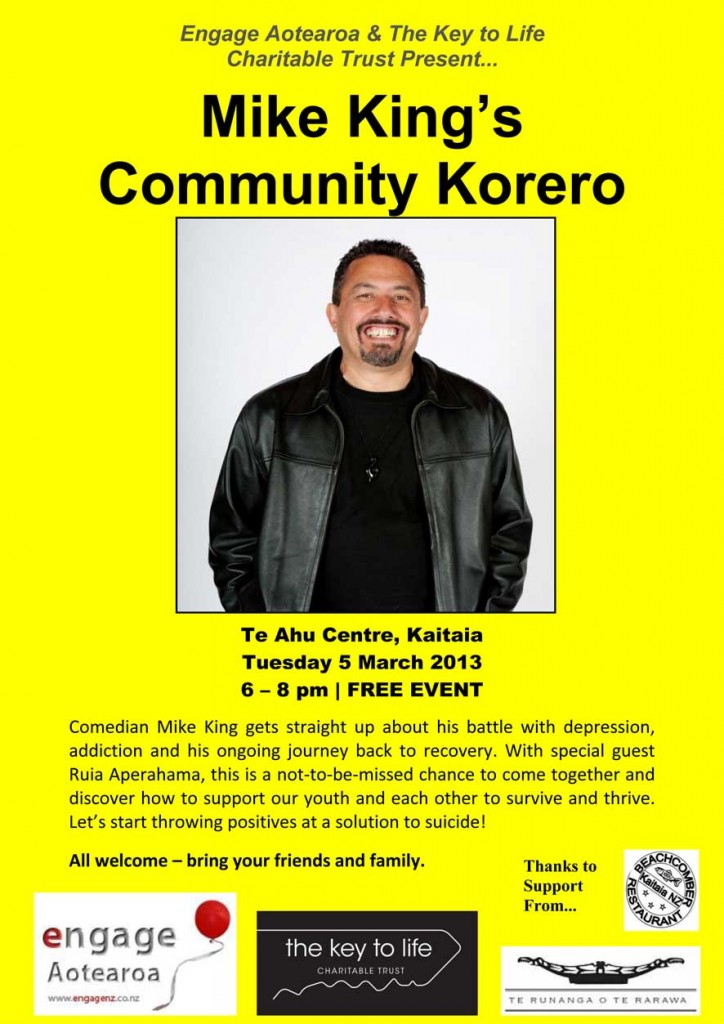Strive to do your best but understand there is no perfect parent
MEDIA RELEASE: Mental Health Foundation of NZ
19 November
It is 10 ten years since Kelly first arrived at Auckland airport to make New Zealand her home. Now she is a mother of two lovely daughters, one of them a Dragon Baby.
Kelly is also a full time worker, a wife, daughter and chair of Baby Ferns Inc– and sometimes this is stressful.
“I am so thankful for the support and love my mother gave to me. On the other hand, I have to acknowledge it’s not always easy to live in a household with three generations.”
Kelly’s story is the final is a series run by Kai Xin Xing Dong – the Mental Health Foundation’s bilingual English-Mandarin Like Minds, Like Mine programme. The series highlights the challenges Chinese parents face bringing up their newborn “dragon babies” in New Zealand society.
The Mental Health Foundation understands that new parents need help and support and, sometimes, just by knowing where to find these can be all you need to feel more confident. We hope by reading these parents’ stories people will not feel so alone. The stories also give lots of practical advice for the first years of a child’s life and beyond. They also touch on post natal depression and where to get help.
The Mental Health Foundation also supplies an excellent free postnatal depression pamphlet for English speakers.
The end of the Dragon Baby series coincides with Postnatal Awareness Week 17-25 November, and the series as a whole was launched at the same time as the Chinese Mental Health Consultation Services’ new Vagus helpline.
All stories are published online in English and Mandarin.
Vagus Line 0800 56 76 666
This new service is to promote family harmony among Chinese, enhance parenting skills, decrease conflict among family members (couple, parent-child, in-laws) and stop family violence. It provides free, confidential and professional advice, such as parenting strategies and communication skills. If necessary, clients can be referred to Vagus counselling services or related resources. Service hours: Monday, Wednesday, Friday from 12 noon to 2pm.
Year of the Dragon
2012 is the Chinese Year of the Dragon and has given rise to the phrase “dragon baby” for families expecting a new arrival. The dragon is the mightiest zodiac sign in Chinese astrology, and is associated with traits such as success, ambition and independence. Many mothers consider this to be a particularly auspicious year to give birth. In recognition of this, we have made a special Dragon Baby section on the Kai Xin Xing Dong website, where we offer Chinese language information for new and expectant mothers.
Kai Xin Xing Dong
Kai Xin Xing Dong is a Like Minds, Like Mine public education programme aimed at reducing the stigma and discrimination faced by Chinese people who experience mental illness. The project is funded by the Ministry of Health and guided by the Kai Xin Xing Dong Advisory Group.
For more information please contact:
Paula Taylor
Communications & Marketing Manager
09 300 7025
021 300 594
paula@mentalhealth.org.nz
For comment in Mandarin, please contact:
Ivan Yeo
Mental Health Promoter
Ph: (09) 300 7017
027 2808 972
ivan@mentalhealth.org.nz
http://www.mentalhealth.org.nz/kaixinxingdong/page/501-a-to-z+dragon-babies+parents-stories+kelly-feng







